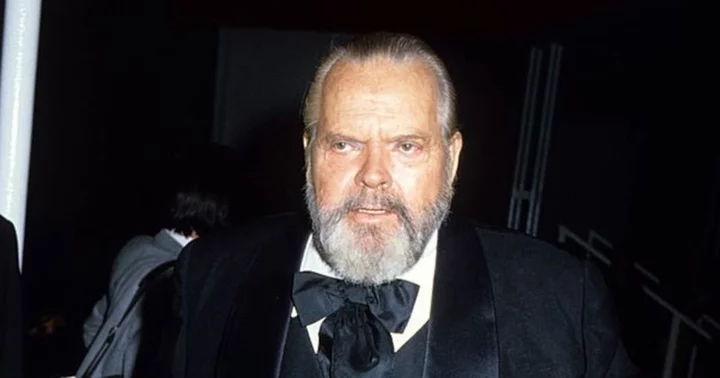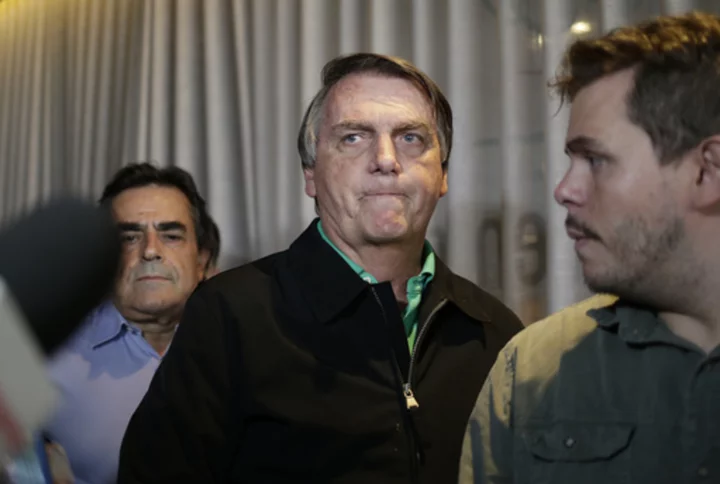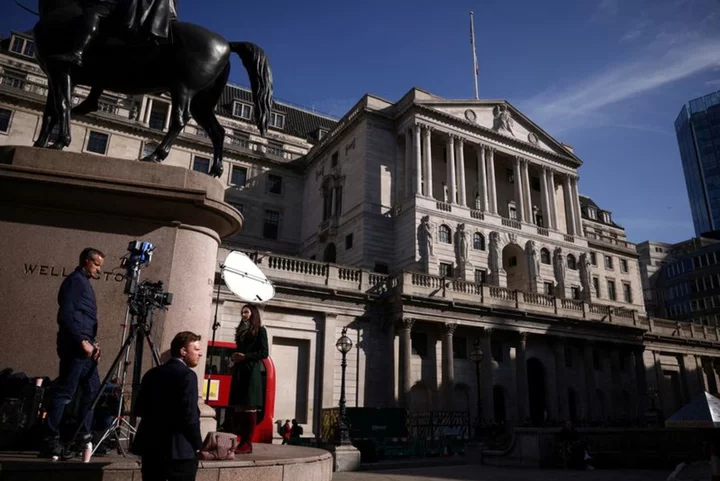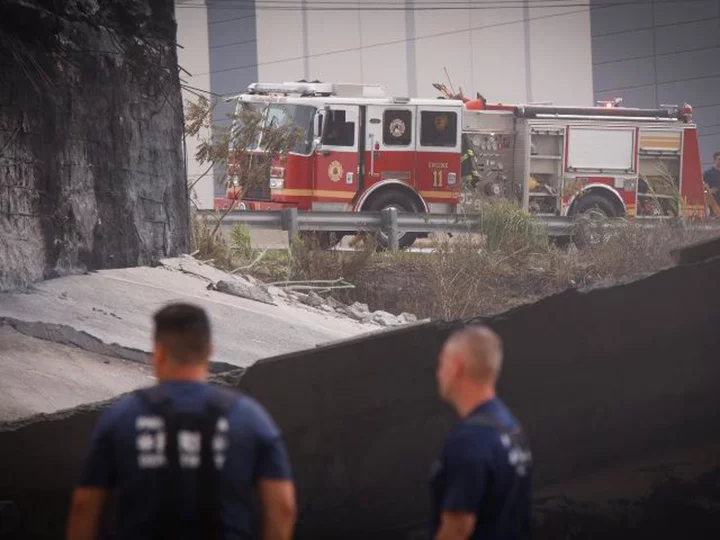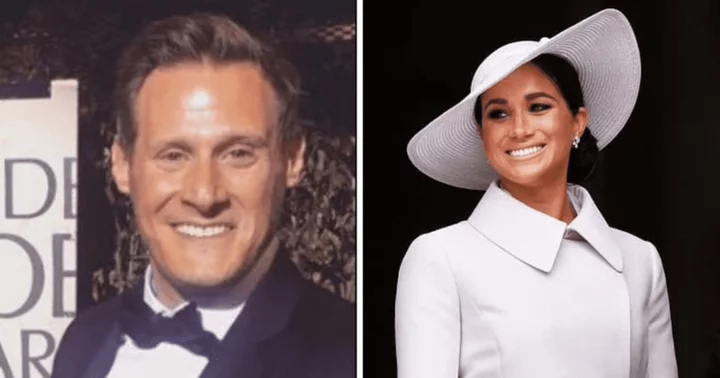LOS ANGELES, CALIFORNIA: On this day, in history, October 30, 1938, Orson Welles' realistic adaptation of HG Wells' 'War of the Worlds', was broadcast on CBS, according to history.com
'The War of the Worlds' was not like any other radio play as it was an event that shook the nation and exemplified the power of radio as a medium for storytelling, becoming a hallmark in the history of American entertainment.
Reportedly, the official-sounding news bulletins used by Welles in the play's narrative caused many to believe that America was under a Martian invasion.
A 23-year-old mastermind was behind the legendary broadcast
Orson Welles, a young and ambitious talent at the time, brought HG Wells' 19th-century science fiction novel to life in a way that nobody could have anticipated. The result was both thrilling and terrifying.
The 23-year-old was no stranger to radio, having gained recognition as the voice of 'The Shadow' in a popular mystery program. However, when he and the Mercury Theater company decided to adapt 'The War of the Worlds' for a Halloween episode, they had no inkling of the impact it would have on American listeners.
The broadcast began on Sunday, October 30, at 8 pm, with the following introduction, "The Columbia Broadcasting System and its affiliated stations present Orson Welles and the Mercury Theater on the air in ‘War of the Worlds’ by H.G. Wells."
At this time, Sunday evening was prime time in the golden age of radio, and millions of Americans tuned in to their radios. But initially, they were listening to ventriloquist Edgar Bergen and his dummy "Charlie McCarthy" on NBC.
It wasn't until 8.12 pm after the comedy sketch ended and a relatively unknown singer took the stage, that many listeners switched over to CBS. By then, Welles' Martian invasion story was well underway.
To make it realistic, Welles chose to begin the radio play with a spoken introduction and a weather report, lulling the audience into a false sense of security.
From music to Martian mayhem
Then, unexpectedly, the storyline seemed to shift as the announcer guided listeners to "The Meridian Room in the Hotel Park Plaza in downtown New York, where you will be entertained by the music of Ramon Raquello and his orchestra." As the dance music played on, the real scare was about to begin.
An announcer interrupted to report that "Professor Farrell of the Mount Jenning Observatory" had detected explosions on Mars.
The dance music resumed, but soon there was another interruption, this time with news of a large meteor crashing into a farmer's field in Grovers Mills, New Jersey.
The tension built as an announcer described a Martian emerging from a massive metallic cylinder.
He vividly depicted the scene, saying, "Good heavens, something’s wriggling out of the shadow like a gray snake. Now here’s another and another one and another one. They look like tentacles to me… I can see the thing’s body now."
"It’s large, large as a bear. It glistens like wet leather. But that face, it… it… ladies and gentlemen, it’s indescribable. The eyes are black and gleam like a serpent. The mouth is kind of V-shaped with saliva dripping from its rimless lips that seem to quiver and pulsate," continued the announcer.
As the Martians unleashed their walking war machines and fired "heat-ray" weapons, the panic among the humans at the crash site escalated.
They obliterated a force of 7,000 National Guardsmen. When artillery and bombers attacked the Martians, they retaliated by releasing poisonous gas into the air. Soon, more "Martian cylinders" landed in Chicago and St Louis.
A masterful blend of sound and performance
The radio play of 'War of the Worlds' was extraordinarily realistic, thanks to Orson Welles' sophisticated use of sound effects and his teammates' convincing portrayals of terrified announcers and other characters.
Listeners believed they were in the middle of an alien invasion, and panic ensued around the supposed landing sites.
The aftermath of the broadcast was not without controversy, and the Federal Communications Commission investigated the unconventional program but found no laws had been broken.
However, networks did agree to exercise greater caution in their programming in the future.
Remarkably, the broadcast propelled Welles to Hollywood stardom.
In 1941, he directed, wrote, produced, and starred in 'Citizen Kane', a film regarded as one of the greatest in American cinematic history.

